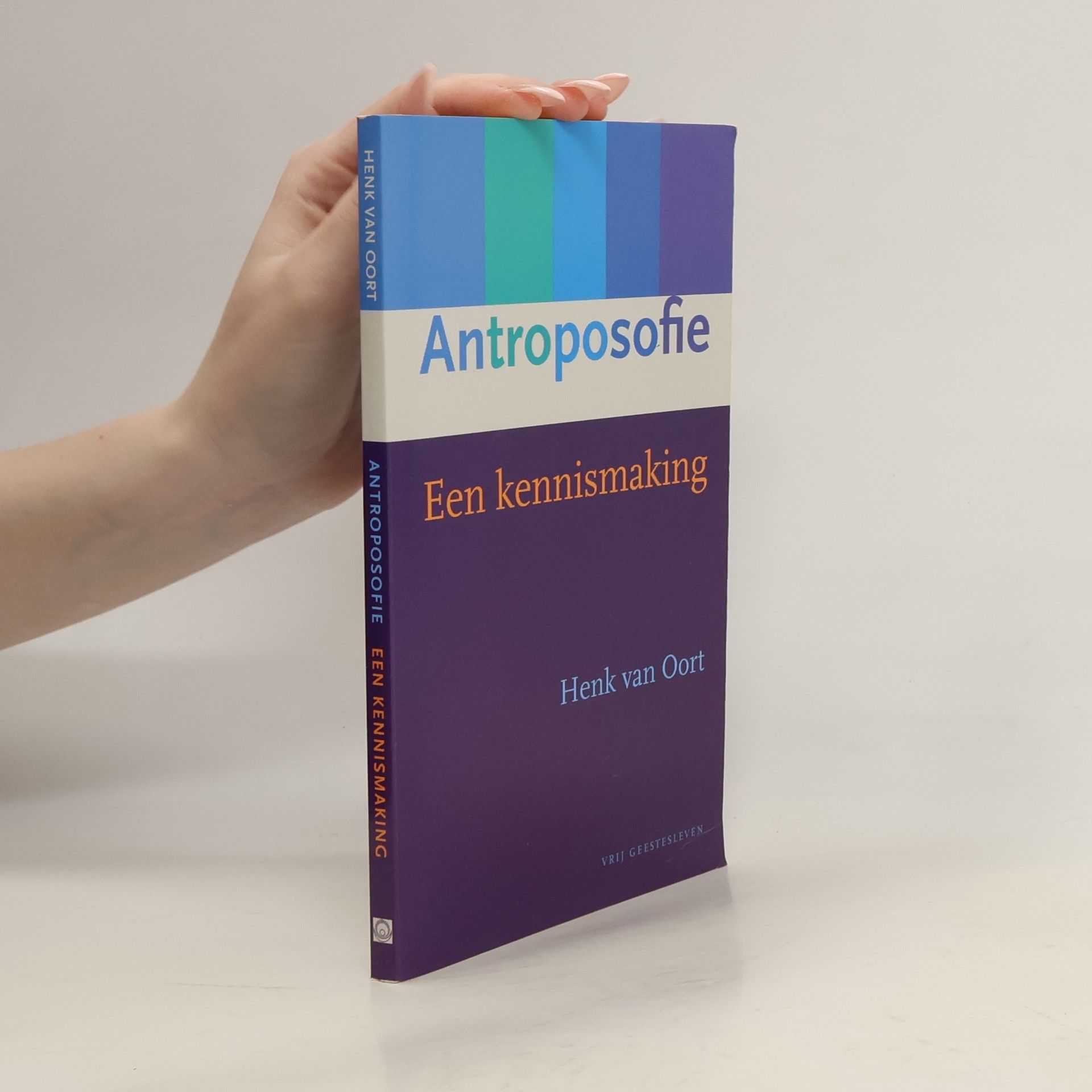Provides teachers of English to young learners (from five to twelve years old) with activities for use in the classroom. This book aims to challenge pupils to activate their dormant linguistic abilities, to use vocabulary, and to become fully engaged in the learning process.
Henk van Oort Libri
Questo autore si concentra sull'educazione dei bambini e sullo sviluppo dei loro processi di apprendimento. Il suo approccio fonde la tecnologia moderna con il fattore umano, enfatizzando la personalità dell'insegnante come modello cruciale. Ispirato dai principi della psicosintesi e dell'educazione Waldorf, si impegna a creare lezioni coinvolgenti e intuitive che catturino i bambini e li guidino senza intoppi verso l'acquisizione di nuove competenze, in particolare nell'ambito dell'apprendimento delle lingue straniere. L'autore trova estremamente gratificante educare i bambini in questo modo.




Your Spiritual Journey
- 110pagine
- 4 ore di lettura
In a series of short studies enlivened with colour illustrations, Henk van Oort takes the reader on a spiritual journey through a variety of topics relating to everyday experience. With chapters as diverse as 'The Human Will', 'Quantum Physics' and 'Good and Evil', the book's common theme is the dynamic nature of human consciousness.
"This book is about a mad king and a mad duke. With original and iconoclastic readings, Richard van Oort pioneers the reading of Shakespeare as an ethical thinker of the "originary scene," the scene in which humans became conscious of themselves as symbol-using moral and narrative beings. Taking "King Lear" and "Measure for Measure" as case studies, van Oort shows how the minimal concept of an anthropological scene of origin--the "originary hypothesis"--provides the basis for a new understanding of every aspect of the plays, from the psychology of the characters to the ethical and dialogical conflicts upon which the drama is based. The result is a gripping commentary on the plays. Why does Lear abdicate and go mad? Why does Cordelia die? Why does Edgar torture his father with non-recognition? Why does Edmund recant? Why does the Duke in "Measure for Measure" abdicate and disguise himself as a friar? Why is Angelo seduced by Isabella? Why does Lucio accuse the Duke of madness and lechery? Why does Isabella remain silent at the end? In approaching these and other questions from the perspective of the originary hypothesis, van Oort helps us to see the ethical predicament of the plays, and, in the process, makes Shakespeare new again"--
Antroposofie
- 100pagine
- 4 ore di lettura